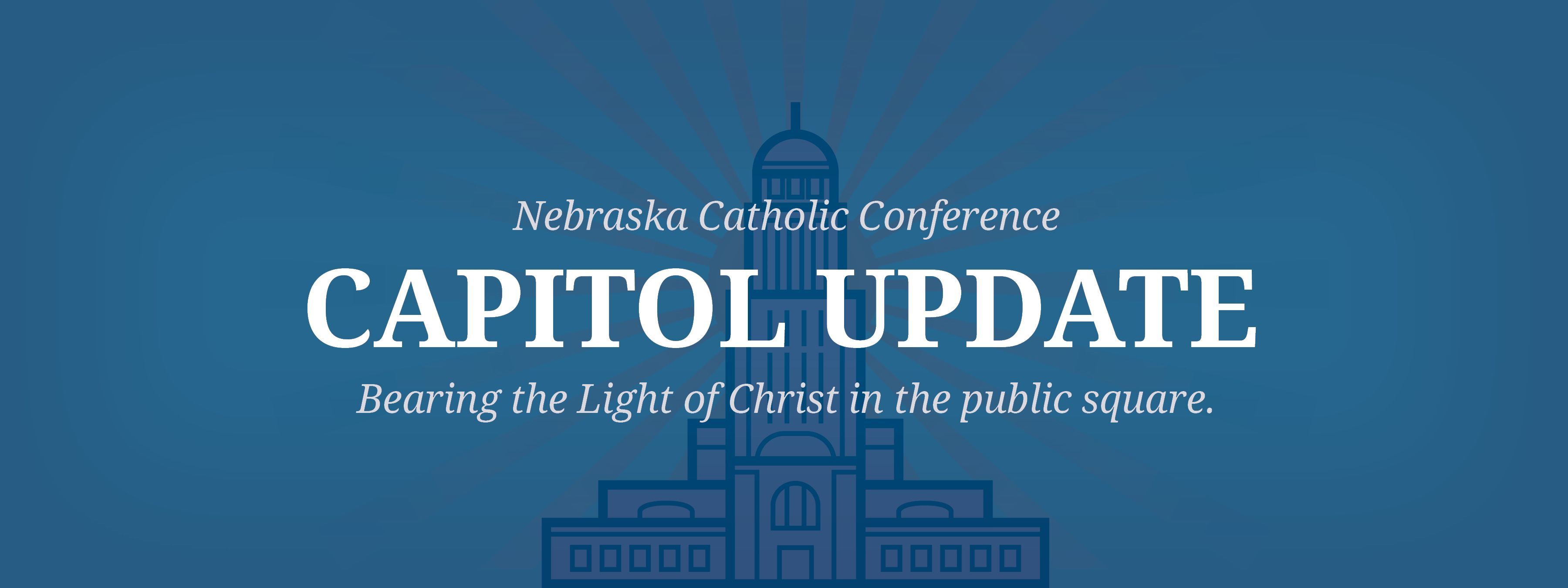As the country inches nearer to Election Day (Nov. 3), the country’s eyes are now affixed—at least for the moment—on the United States Supreme Court.
First, the country was hit by the somewhat unsurprising, yet sudden death of Justice Ruth Bader Ginsburg. A notorious figure in her own right, Ginsburg has been an icon for feminism. For many good reasons, Ginsburg’s feminism has been exalted, as a woman who shattered glass ceilings for other women behind her in the legal profession and beyond. And for many other good reasons, her brand of feminism has been critiqued, as she unapologetically attempted to expand the Court’s so-called right to abortion.
Within hours of the announcement that Justice Ginsburg had passed from this life into the next, Senator Mitch McConnell announced intentions to swiftly replace Justice Ginsburg’s seat on the Court.
Almost immediately, attention was once again on Amy Coney Barrett, a President Trump short-lister for the Supreme Court who was seemingly passed over in 2018 in favor of Justice Brett Kavanaugh.
To say that our current moment marks a pivotal point in American history, I fear, nearly borders on understatement or, worse, a reckless use of English considering the magnitude of that which confronts our nation.
As any casual observer of politics over the last 27 years of Justice Ginsburg’s time on the Court will recognize, her replacement by Judge Barrett signifies an ideological paradigm shift between these two iconic women. The replacement would also be a marked power shift, tilting the Court in a more—to use political categories—conservative direction.
Much ink has already been spilled about Amy Coney Barrett, but one point bears repeating.
Out of the gate, the elite political commentariat has continued a story they began three years ago when Barrett was nominated to the 7th Circuit Court of Appeals. That saga was one riddled with animus toward and misrepresentations of Barrett’s devout Catholic faith. These anti-Catholic claims were and already are being echoed by members of the U.S. Senate. As Senator Dianne Feinstein remarked in 2017 and similar statements of which we are likely to hear again this go around: “[A]s one reads your [Judge Barrett’s] speeches the conclusion one draws is that the dogma lives loudly within you.” While on the one hand, such a statement is a backhanded compliment, Sen. Feinstein added that the dogma living loudly within a person is “of concern.”
As Archbishop Charles Chaput recently observed about these bigoted remarks: “Given the senator’s obvious prejudices, she should indeed be concerned. Ms. Barrett’s life story suggests that she actually believes and seeks to live what her Catholic faith teaches. Worse, she has a superb intellect, a deep grasp of the law, and an excellent record as a jurist. In other words, she’s a nightmare for a certain kind of political tribe.”
What Archbishop Chaput is striving to demonstrate is that “Sen. Feinstein’s words help us see clearly how some in our political class now view Catholics who are more than merely “nominal” in their faith.”
Archbishop Chaput concludes that such heated animosity among the political ruling elite is not a problem just for those who seek to serve in the most upper echelons of government, such as the U.S. Supreme Court. Rather, this animosity is of concern for each and every one of us as Catholics striving to be disciples of Jesus Christ.
As the Archbishop further states: “If attacks on belief are an acceptable standard by which to impugn judicial nominees today, then tomorrow they’ll be used on the rest of us who uphold the teachings of our faith. What’s been playing out in Senate confirmation hearings and public debates over judicial nominees is a harbinger of future attacks on the Church herself and on any Catholic who holds with her enduring moral witness. Over the past decade, we’ve already seen the Catholic Church— and many of her ministries and institutions—targeted specifically for matters of belief.”
As our attention turns toward the Supreme Court, while we simultaneously remain attentive to the presidential debates and election and take inventory of the countless political campaign flyers that hit our mailboxes, let us pray in the days ahead those words that mark the opening of every session of the Court: “God save… this Honorable Court.” Indeed, may God save this honorable nation.







